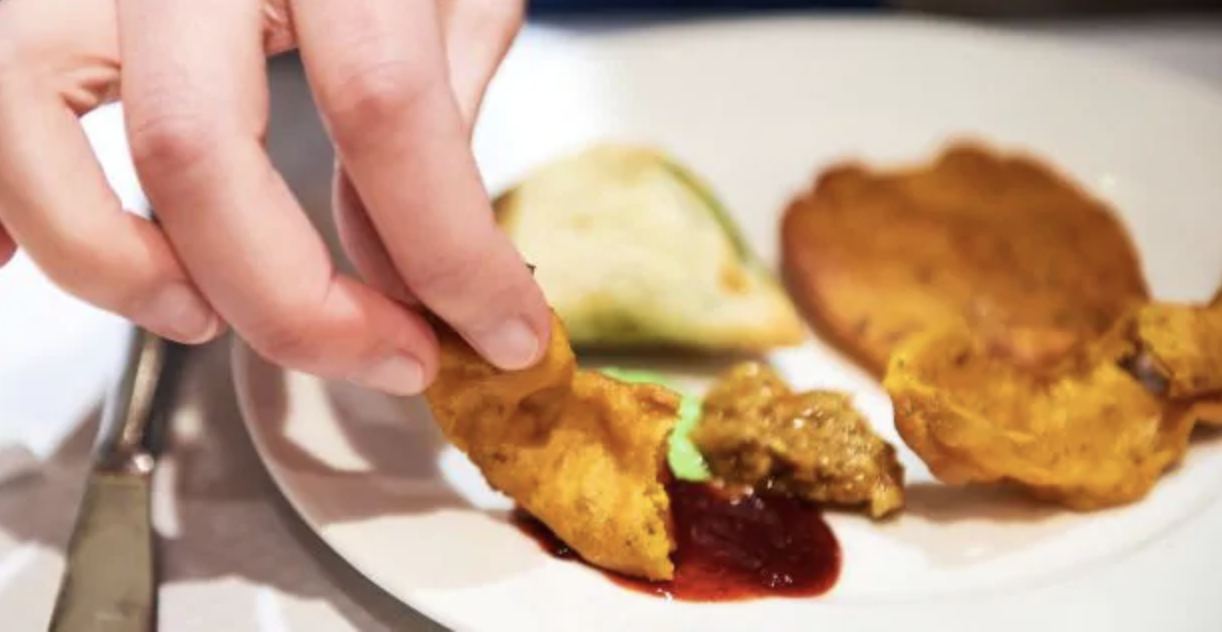Does Ayurveda Allow Snacking? 5 Dietary Guidelines You Must Keep in Mind
Ayurveda has a different set of guidelines to share when it comes to snacking.
Highlights
- Binge-eating is is greatly looked down upon
- Binge-eating is often described as empty calorie consumption
- Snacking is more about mindful eating and making smart food choices
While binge-eating is something that is greatly looked down upon by health experts, healthy snacking can bring world of a difference to your health. While binge-eating is often described as empty calorie consumption to stave off untimely hunger pangs, healthy snacking is more about mindful eating – an carefully planned activity that has mindful eating at its core. The whole purpose of snacking is to avoid feeling hungry in between the larger meals of the day, avoid reaching out to junk food or items with zero nutritive value and to supply burst of nutrition in the middle of the day for an instant energy boost. While health experts and nutritionists press for various food items that can easily be included in your daily diet in the form of snacks, the Ayurveda style of snacking is more methodical and intricately designed.
“Snacking is extremely essential. It helps in regulating blood sugar levels and prevent untimely hunger attacks. A wholesome snack can be packed with antioxidants, vitamins, minerals, phytonutrients and good fats. You must aim to maximise nutrition and minimise poor food choices and empty calorie consumption,” shared Shilpa Arora ND, a renowned Health Practitioner, Nutritionist and certified Macrobiotic Health Coach.
While gorging on a handful nuts and seeds, or relishing a cup of yogurt or a bowlful of salad may qualify as healthful snacking, Ayurveda has a different set of guidelines to share when it comes to snacking, although Ayurveda does not really recommend in-between meals munching, it does have some points that are worth sharing, take a look –
1. Tips on tea and coffee consumption
Tea or coffee must be avoided while one is at work. In case you feel thirsty, have warm water or some natural fruit juice.
2. Your Prakriti and snacking
Snacking must be done keeping in mind your Prakrati (body constitution as described by Ayurveda. A Pitta dominated person should avoid snacking on Pitta inducing items like sour or citrus items, spicy foods or anything that would induce heat or acidity in the body. Vata dominated people should keep a check on items that are hard on digestion; these would include beans and dried fruits. Raw salads and stringent foods will also increase Vata in the body. Traditionally, Ayurveda suggests no snacking for Kapha dominated people, in case you want to ensure cutting back on Kapha inducing foods that would include fried snacks, melons or items involving dairy.
3. Snacking for Kapha dominated people
Kapha dominated group is the only one which is recommended to include loads of fresh veggies in their diet – nearly 50% of what they eat daily must constitute vegetables. Snacking options for a Kapha dominated individual must be planned accordingly.
4. Taste matters
Taste of a particular food item may also aggravate any specific dosha in the body. Not only while snacking but otherwise as well, tastes compatible to one’s Prakriti must be included in the diet and others must be consumed in moderation or avoided whenever possible. Pungent, bitter and astringent food items aggravates Vata dosha whereas pacifies Kapha dosha. Sweet, salty and sour food items pacifies Vata dosha and aggravates Kapha dosha. Sour, salty and pungent foods aggravate Pitta dosha while sweet, bitter and astringent ingredients pacify Pitta dosha.
5. Few more things to keep in mind
One must not eat too soon after eating a meal. Ayurveda largely stresses on the consumption of three large meals in the day with no or little snacking in between. “The yogic diet recommends 6 hours of sleep and a six hour-long gap between all three meals of the day. One must not consume any food after sunset. Bedtime must be early and so should be the wake up time,” notes Yogacharya Anoop, Mediyoga.
Visit Link

